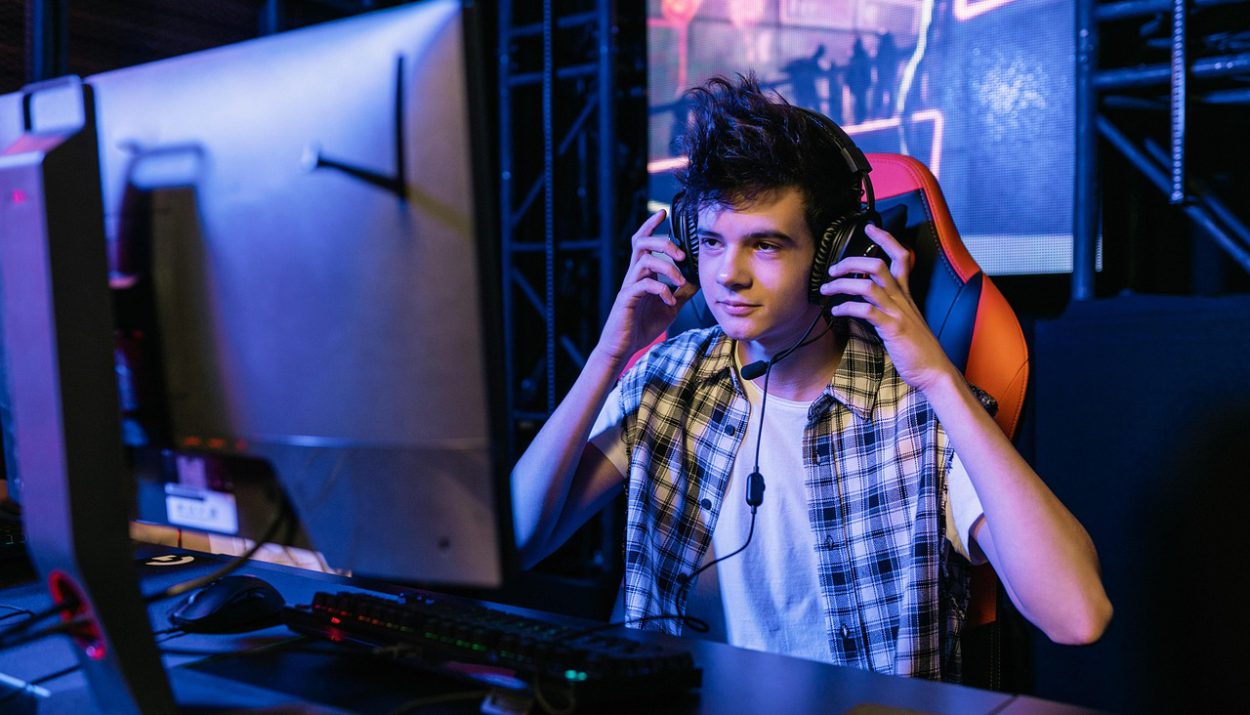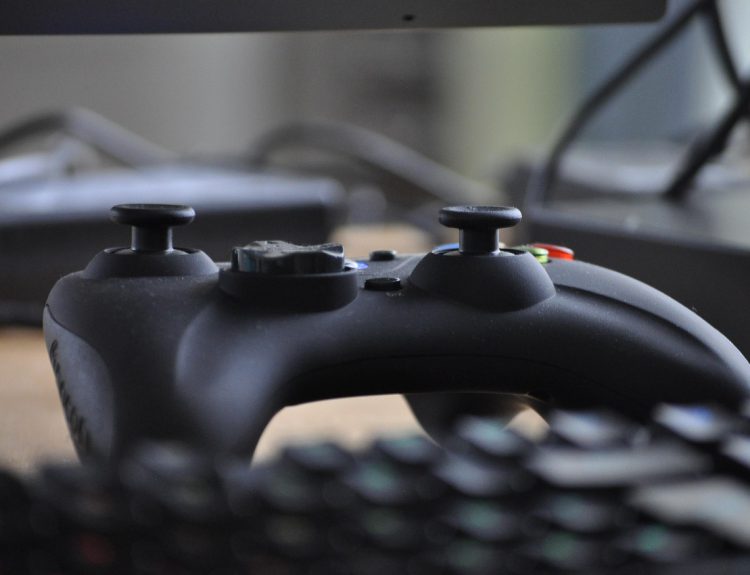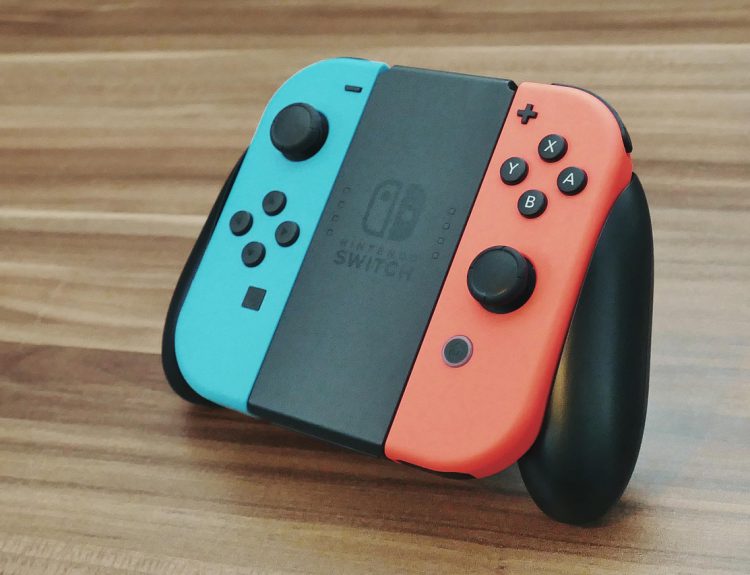Esports sponsorships are the career power in the world of esports. They are a source of financial backing, as well as vital equipment, visibility and resources, to their players and creators to remain competitive in a fast-changing industry. However, sponsorships are not purely gifts that brands give away; it is a collaboration that is based on value. In return for the investment, companies want to see you, they want to be involved, and they want to have a relationship with your audience. The traditional mentality of letting the company notice you is rapidly being changed by a more active style of doing things, where gamers have to learn how to get attention, create it and strike their own deals.
Understanding the Esports Sponsorship Landscape
The ecosystem of esports sponsorship is a massive industry. The scene has traditionally been invested in by traditional partners such as hardware manufacturers, energy drinks producers, apparel and digital services providers. Their products are part of the lifestyle of a gamer, and thus, they are the best fit to work with. In addition to these household names, there exist variations between the team-based deals and individual player deals. Teams can bargain huge contracts involving several players, whereas individuals can tend to acquire individual contracts that promote their own brand name, style, and fan base.
There are also new classes of sponsorships that are developing. Cryptocurrency platforms, VR tech firms, and AI motions are also pouring into esports since they seek to get more younger, more technologically advanced generations interested. These collaborations indicate the state of the art of the gaming culture, where players who are ready to identify themselves with innovative industries can do so.
Preparing for Sponsorship Opportunities
You should also make sure you are sponsorship-ready before going to a brand. This starts by creating a good online reputation and presence. It is vital to have a refined profile that displays your success, neighborhood and what you share. In conjunction with this, there is a professional media kit, which is your pitch deck. It must emphasize your narrative, demographics of the audience, the number of people reached, as well as illustrations of previous partnerships.
It is also crucial to find the proper sponsorship fit. Not all brands do not correspond to your audience and values. A family-friendly gamer, e.g., may not be the suitable person to promote an energy drink but would be a perfect fit with a tech brand aimed at the student audience. The closer you are to the objectives of a sponsor, the better your opportunities are to get a deal.
How to Find Potential Sponsors?
It takes research and perseverance to find sponsors. It is a good place to begin by finding those companies that already invest in esports or related industries. When a brand is sponsoring a tournament, streamer or team, there is a high possibility that they are willing to take on new partnerships. Networking is priceless besides research. Connections such as LinkedIn provide direct access to brand managers, whereas esports expos and conventions allow making face-to-face contact.
To individuals who like to be guided, management firms and agencies can be the intermediaries. They assist in the pairing of the players to the brands, negotiate, and ensure that just deals are made. Although they charge a percentage, they can save you time and open doors that you would not access by yourself.
Approaching Sponsors Strategically
There is no difference in outreach in terms of professionalism. A cold email or direct message must be straightforward, short and polite. Instead of asking to be supported, work on your value proposition: what you can bring to the brand in exchange. This could be exposure on your streams, you incorporate their products in your content or creative campaigns that demonstrate their services.
The most widespread error that gamers make is concentrating on the number of followers only. Engagement is something that matters to brands, not numbers. A small yet very loyal and interactive fan base can be worth more than a big yet inactive fan base. The other mistake is to assume that sponsors are benefactors and not business partners. Present yourself as someone who can be a partner and achieve quantifiable outcomes, and not as one who wants to be given away.
Negotiation Fundamentals for Gamers
- The process of getting interest is not enough. Negotiation is the place of deal-making. The terms of sponsor contracts usually stipulate term, output, payment and exclusivity. It is important to understand these terms. Although money is a factor, non-financial benefits like free equipment, travel allowances, or increased publicity can be as useful as cash, particularly to aspiring players.
- It is also very important to know how to say no. Not all deals are worth reckoning. The types of contracts with excessively restrictive provisions, which require exclusivity without reasonable payment or do not correspond with your brand, can negatively affect the growth in the long term. It is at times necessary to safeguard that reputation and future opportunities by turning down what appears to be a good deal on the outside.
Maximizing Value for Both Sides
A sponsorship can only work when it is beneficial to both parties. By giving your sponsor a payoff, you will be keeping him or her and sending him or her to others. Monitoring performance metrics, reporting and showing the difference your partnership is making builds trust.
Relationships that are long-term are particularly useful. Nurturing existing partnerships is more than going after new sponsors all the time, and it creates a sense of stability and a larger platform. In most cases, case studies of successful players show that the players who thought about sponsorships as long-term partnerships and not one-off contracts established sustainable careers.
Legal and Financial Considerations
The background to any deal consists of legal and financial details, which should be carefully checked. Contracts usually include fine print about intellectual property rights, termination provisions and exclusivity provisions. Ignoring these facts may cause trouble in the future. This is why numerous players invest in the services of a legal professional or managers in order to secure their interests.
It is also important to spend income appropriately. The income from sponsorship is taxable, and a lack of planning in the future may cause a financial strain. The need to treat esports as a business implies the ability to track the revenue, to save taxes, and to act in accordance with the rules.
Growing Through Sponsorships
A single sponsorship agreement can be the beginning of a series of others. Achieving value with a single brand increases your credibility, and it is easier to get into other partnerships. This creates a reputation in the long run as a trustworthy brand partner- a feat that companies are eager to achieve.
Sponsorships may also change into wider roles as your career advances. Other players become influencers/ambassadors of non-esports brands in campaigns. Such opportunities will broaden your profile, diversify the revenue stream and establish you as a gamer and professional in the online arena.
Conclusion
Attracting and negotiating sponsorship deals in esports is both an art and a skill. It requires understanding the landscape, preparing your profile, approaching brands strategically, and mastering the fundamentals of negotiation. Most importantly, it’s about building long-term partnerships that provide value for both sides.
In 2025, waiting to be noticed is no longer enough. The players who thrive are the ones who take initiative, present themselves as professionals, and position sponsorships as mutually beneficial collaborations. If you are serious about your esports career, don’t sit on the sidelines. Sponsors are actively looking for creators like you—it’s up to you to make the first move. For such esports updates and tricks, follow The Finance Gig.






